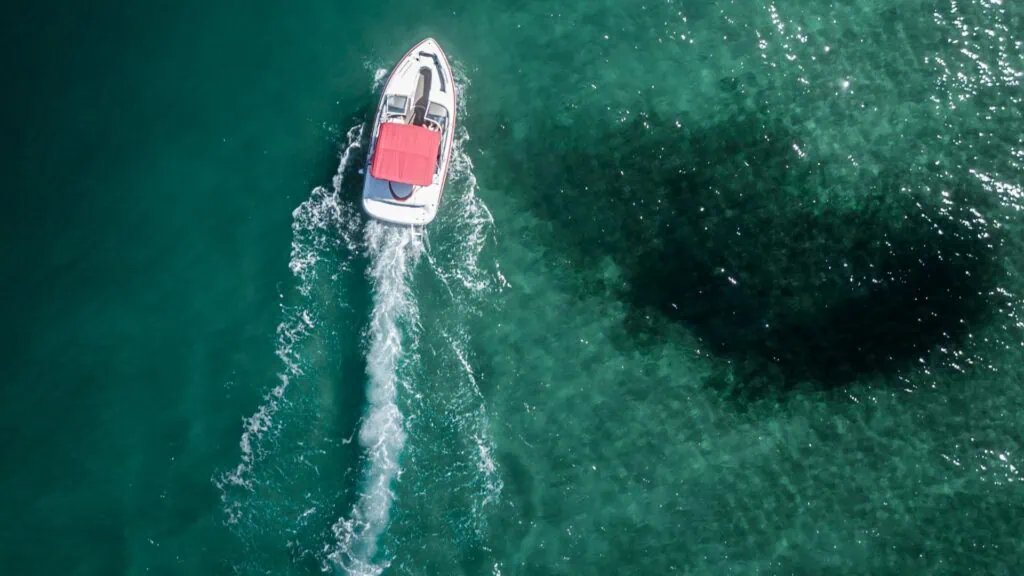
Nautical tourism, once an exclusive niche for marine enthusiasts, has experienced a significant resurgence in recent years. However, the global pandemic brought unprecedented challenges to this industry, with travel restrictions, port closures and health safety concerns. Now, as the world begins to recover, nautical tourism is emerging as an attractive option for travelers seeking unique and safe experiences in a natural and socially distant environment.
1. A New Perspective: The Demand for Open Spaces
The impact of the pandemic on the tourism industry has led to a fundamental shift in traveler preferences. After months of confinement and restrictions, people crave the freedom and safety that open spaces offer. Nautical tourism, with its emphasis on marine exploration and outdoor adventure, has become an attractive option for those looking to escape the hustle and bustle of cities.
2. Security and Privacy: The Advantages of Nautical Tourism
One of the main concerns of post-pandemic travelers is health safety. Unlike traditional accommodations, such as hotels and resorts, private ships offer a controlled and exclusive environment, where guests can enjoy a travel experience without having to worry about contact with large crowds. In addition, the ability to explore remote and isolated destinations provides a sense of privacy and tranquility that is increasingly valued in the post-pandemic world.
3. The Rise of Coastal and Maritime Destinations
Coastal and maritime destinations have experienced an increase in demand as travelers seek to escape to natural and less densely populated environments. Places such as the Caribbean islands, Mediterranean coasts and Norwegian fjords have become popular destinations for those wishing to combine natural beauty with the safety and seclusion offered by nautical tourism.
4. Sustainability and Conservation: The Industry Commitment
As nautical tourism continues to grow in popularity, there is a need to address concerns about its environmental impact. The industry is increasingly adopting sustainable and eco-friendly practices, from the use of cleaner propulsion technologies to the implementation of waste management policies. In addition, nautical tourism can play a crucial role in marine conservation by raising awareness of the fragility of marine ecosystems and supporting protection and restoration initiatives.
5. The Nautical Travel Experience: Luxury, Adventure and Freedom
One of the greatest attractions of nautical tourism is the travel experience itself. Whether aboard a luxury yacht, traditional sailboat or sea kayak, travelers have the opportunity to explore breathtaking landscapes, discover remote locations and immerse themselves in fascinating maritime cultures. From the thrill of sailing to relaxing on deserted beaches, nautical tourism offers a variety of experiences to suit the tastes and preferences of all types of travelers.
6. The Importance of Flexibility and Adaptability
In a post-pandemic world, flexibility and adaptability are key to success in the marine tourism industry. Businesses must be prepared to adjust their operations based on changing conditions, from health safety requirements to customer preferences. Those that can offer customized options and tailored experiences will have a competitive advantage in an increasingly dynamic and demanding marketplace.
7. The Future of Nautical Tourism: Opportunities and Challenges
As nautical tourism continues to evolve in the post-pandemic world, there are both opportunities and challenges for the industry. On the one hand, there is a growing interest on the part of travelers in authentic experiences and contact with nature, opening up new possibilities for growth and development. However, issues such as the sustainable management of marine resources, the preservation of biodiversity and the protection of local communities also need to be addressed.
In short, marine tourism is experiencing a renaissance in the post-pandemic world, offering travelers the opportunity to explore new horizons in a safe, exciting and sustainable way. With a focus on safety, privacy and sustainability, this industry has the potential to become a positive force for economic recovery and marine environmental conservation.